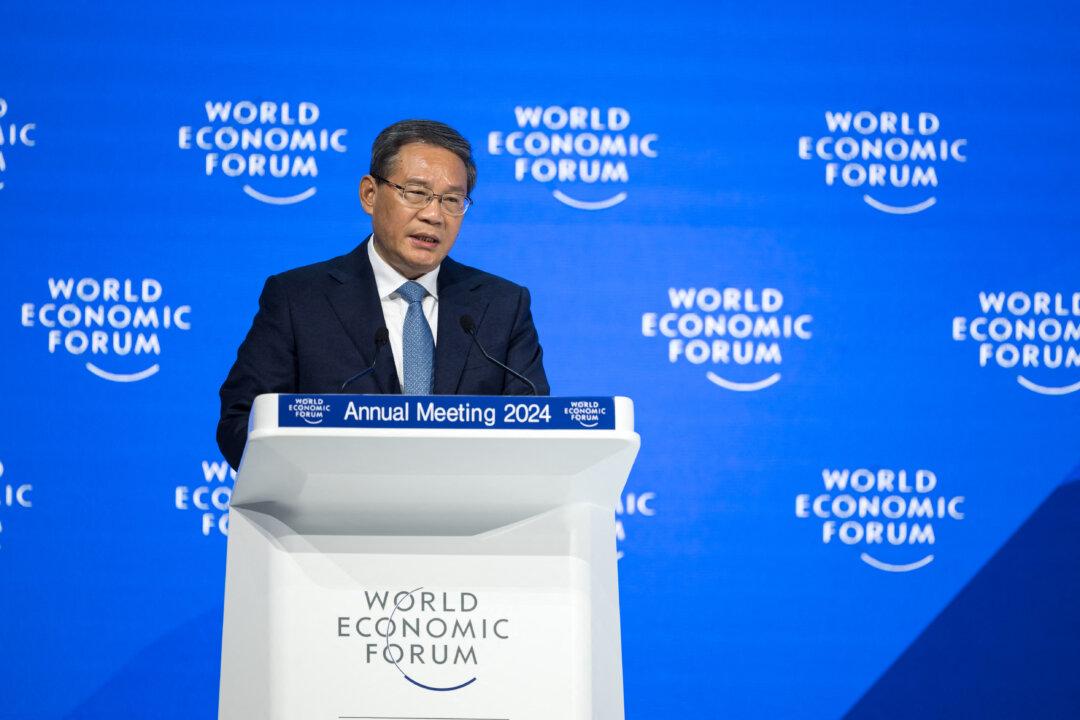Recent developments have highlighted a growing skepticism among Japanese companies operating in China, with expectations for future business prospects declining sharply. This sentiment aligns with broader indications that Japan and Taiwan will intensify their economic and other collaborative efforts.
At the World Economic Forum (WEF) in Davos on Jan. 16, Chinese Premier Li Qiang made a robust pitch for international investment in China, portraying the Chinese Communist Party (CCP) as a “trustworthy” partner. However, this claim starkly contrasts with the financial strategy outlined by the CCP’s top leadership on the same day, which diverges fundamentally from Western models.





